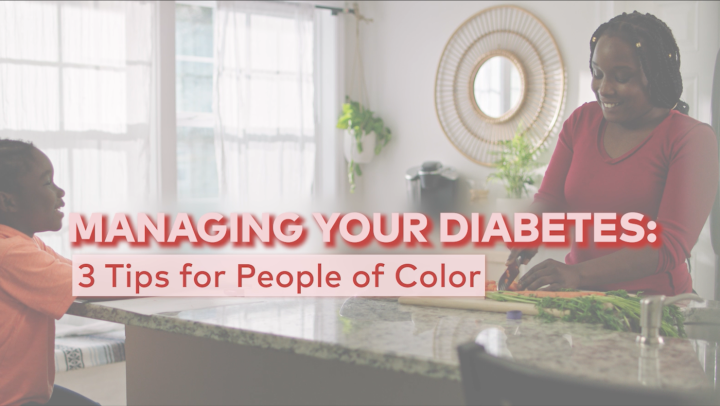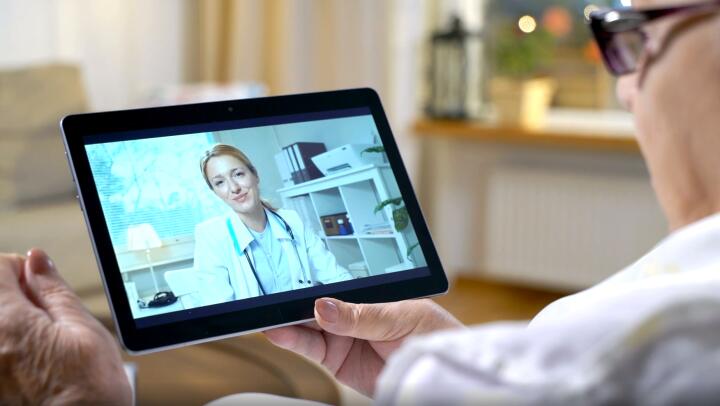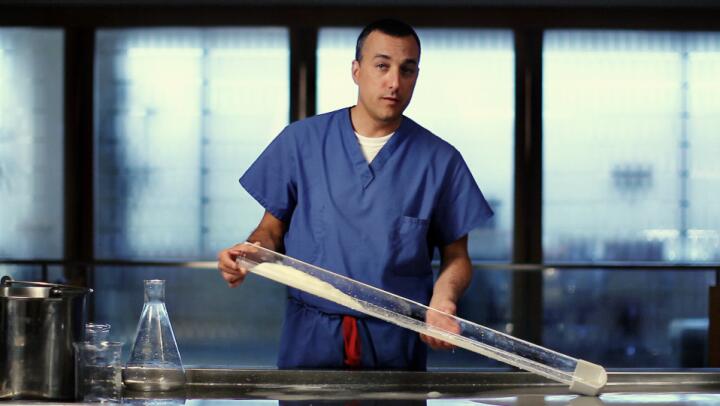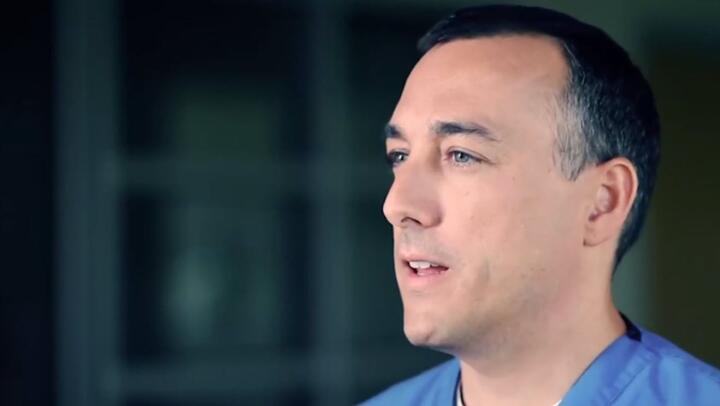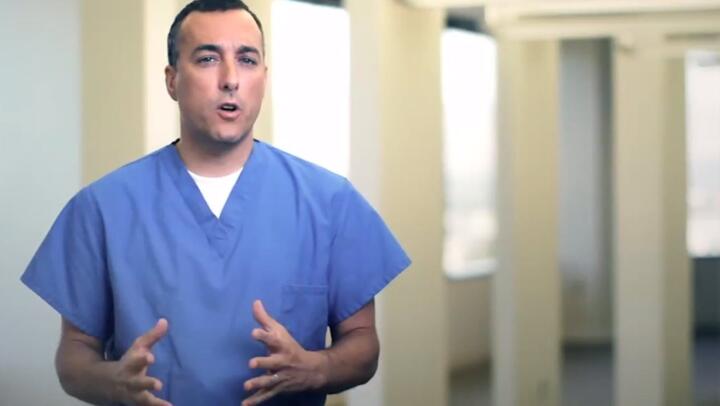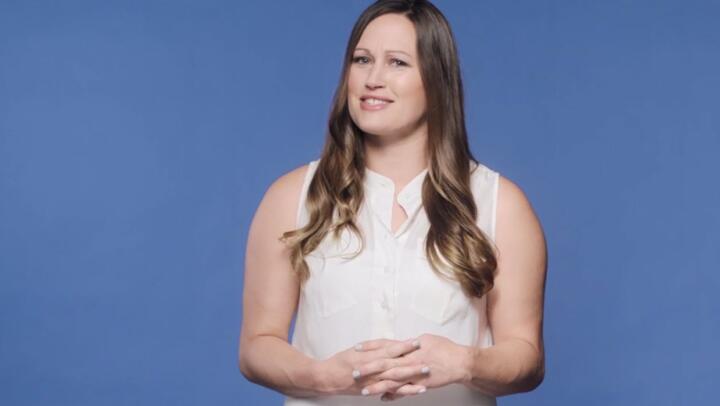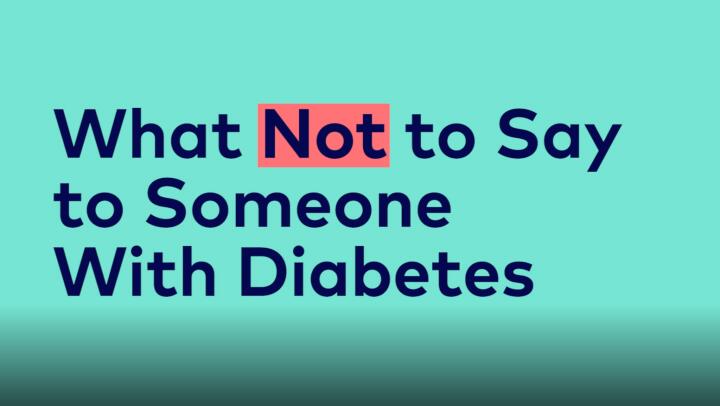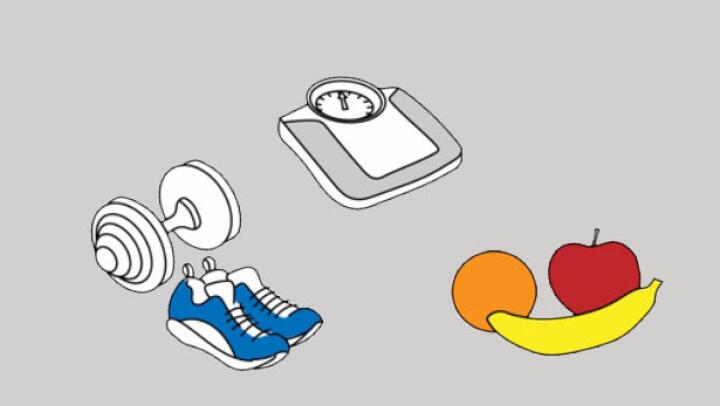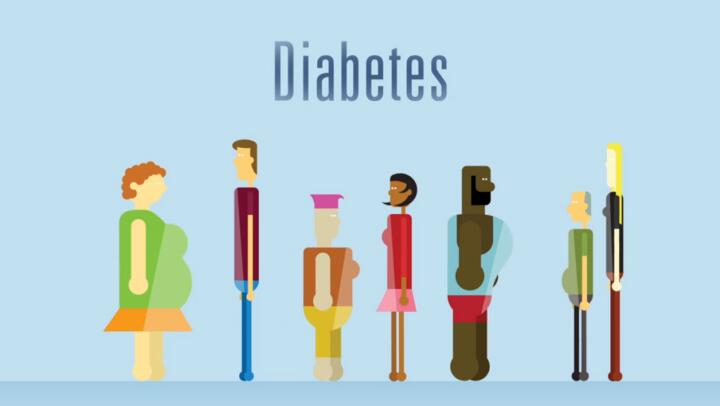
Type 2 diabetes is not a condition with a one-size-fits-all solution. A few people with type 2 diabetes are able to successfully control their blood sugar levels with careful attention to diet and exercise. Others need insulin injections. Most type 2 diabetics find that oral medications work better for them. Today, more and more type 2 diabetics have discovered that a non-insulin injectable therapy is the right solution for helping them manage their diabetes and keep their blood sugar levels under control. And some use a combination of various types of therapies.
Often, people don’t go the non-insulin injectable route until they’ve tried a few oral meds—or even combinations of several different pills—without the desired level of success. That’s when your doctor may suggest giving a non-insulin injectable therapy, such as a GLP-1 receptor agonist or amylin analogue, a try.
Option 1: GLP-1 receptor agonists
If you’re looking for a diabetes treatment that will not cause hypoglycemia and could potentially help you on the weight loss front, a GLP-1 agonist may be worth your consideration.
This category of non-insulin injectables suppress your liver’s glucose output and stimulate insulin production, according to the American Diabetes Association. They slow digestion, which can help you feel full. Your options include:
Exenatide, which includes a twice-daily version and an extended release option that can be taken weekly.
Liraglutide, which is a daily medication.
Dulaglutide, which is another daily med.
Albiglutide, which you take weekly.
Trulicity, which you take weekly.
A well-known side effect of most GLP-1 receptor agonists is their tendency to cause nausea. However, many people find that the nausea tends to resolve after awhile, so it might not bother you on a long-term basis.
However, GLP-1 receptor agonists may not be the right kind of medication for you if you’re already taking sulfonylureas. A sulfonylurea drug is a fairly common oral diabetes medication that helps to lower your blood sugar by increasing the amount of insulin that your pancreas produces and by helping your cells use insulin more effectively.
Option 2: Amylin analogues
Amylin analogues are a type of drug that mimics or resembles a hormone released along with insulin from the pancreas. When you have type 2 diabetes, your pancreas may not produce or release enough of this hormone, which is called amylin. Your doctor may prescribe pramlintide, an amylin analogue marketed under the brand name Symlin.
This type of medication helps you feel full by delaying the emptying of your stomach. The benefit to your blood sugar is that slowing the movement of food through your stomach has the effect of keeping your post-meal glucose levels from getting too high. It, too, can aid with weight loss, but you may have to cope with possible side effects like nausea and vomiting.
Pramlintide is only prescribed for people who are also using insulin, so it’s not used quite as often as GLP-1 receptor agonists. You’re supposed to take this type of medication before eating a meal, and you have to inject your insulin separately. If you’re not up to the task of multiple injections over the course of the day, this medication might not be the best option for you.
If you do not already use a non-insulin injectable medication but are interested in them, it may be worth considering how they work and how they might help you. Then you can discuss the possibilities with your doctor.
You will probably not stick with the exact same diabetes management strategy for the rest of your life. Almost everyone’s insulin needs change over the course of their lifetime. Your activity level, your weight, and any other health conditions that you have can affect your needs. For example, some people do just fine without needing insulin injections for many years, but they may find themselves adding them in. Or they may switch from one type of medication to another therapy. You might not need insulin yourself right now, but you may eventually need to begin insulin injections, and that could switch up your entire regimen.
So, at some point, even if you have success with one particular non-insulin injectable, you may find yourself trying another version in the same class—or even a completely different type. That’s not unusual. Just be sure to monitor your blood sugar levels to see how well you can manage them, and if you find yourself struggling, talk to your doctor about whether it’s time to try something else.







